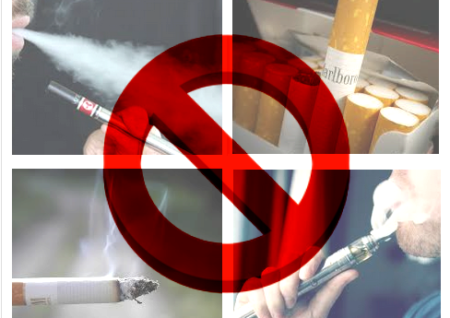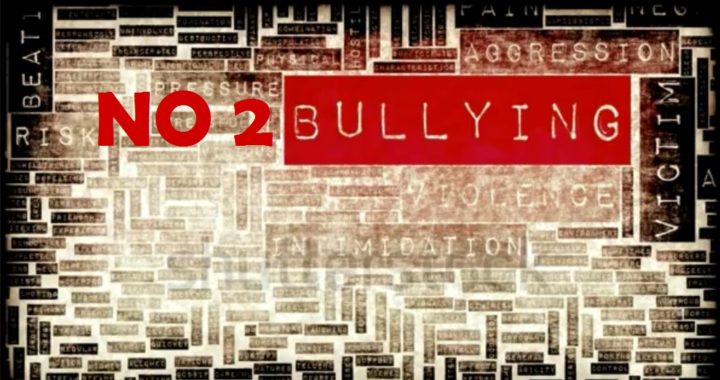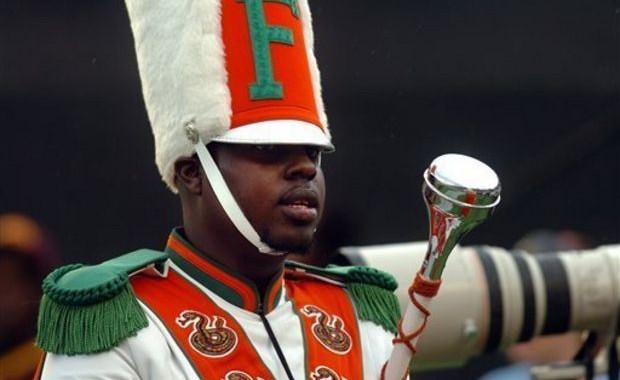President Donald Trump on Friday signed a sweeping spending bill into law, including a measure that prohibits the sale of tobacco products to anyone under the age of 21.
The increased age restriction for tobacco purchases is one of several provisions outside of the spending measures themselves that will be attached to the broader $1.4 trillion spending agreement.
Trump tweeted Friday that the spending agreement “raises smoking age to 21! BIG!” — marking the change as one of its highlights.
The restriction on tobacco sales has long been pushed by a bipartisan mix of senators: Senate Majority Leader Mitch McConnell, a Kentucky Republican; Republican Sens. Mitt Romney of Utah and Todd Young of Indiana; as well as Democrats including Sens. Richard Durbin of Illinois, Tim Kaine of Virginia and Brian Schatz of Hawaii.
Those lawmakers have been looking for a way to get the prohibition across the finish line and now they’ve found one, by attaching it to a must-pass series of bills to avoid a government shutdown.
States that have already raised the minimum age
Raising the legal age to purchase tobacco products in the United States from 18 to 21 marks a major public health achievement for the White House. There already have been several states that have individually passed legislation to raise the tobacco-buying age to 21.
As of December, 19 states have raised the minimum age to buy tobacco products to 21, according to the nonprofit Campaign for Tobacco-Free Kids: Arkansas, California, Connecticut, Delaware, Hawaii, Illinois, Maine, Maryland, Massachusetts, New Jersey, New York, Ohio, Oregon, Pennsylvania, Texas, Utah, Vermont, Virginia and Washington.
Washington, DC, and more than 500 cities and towns also have raised the age.
Posted by CNN Wire and ktla.com







